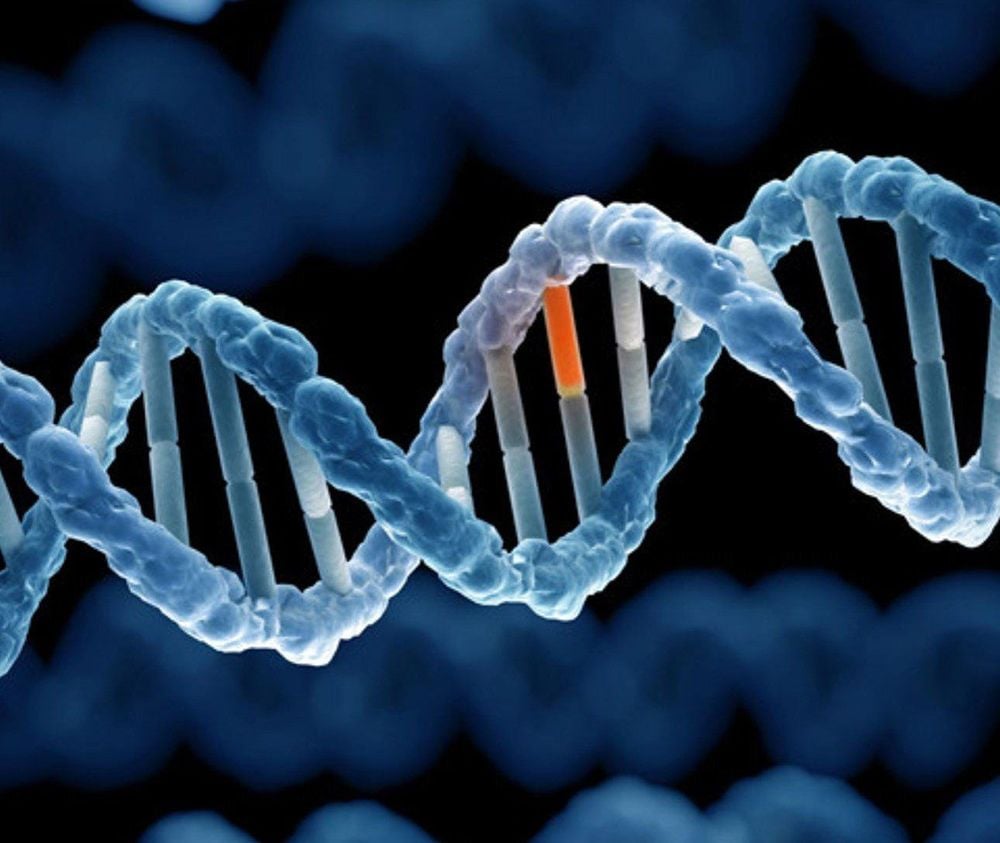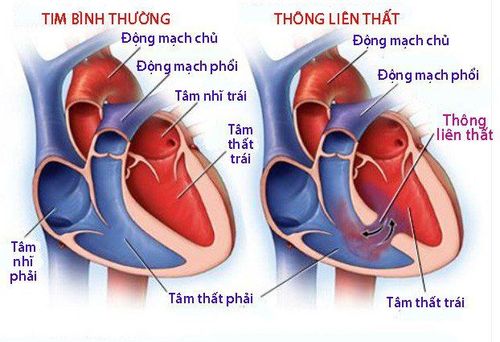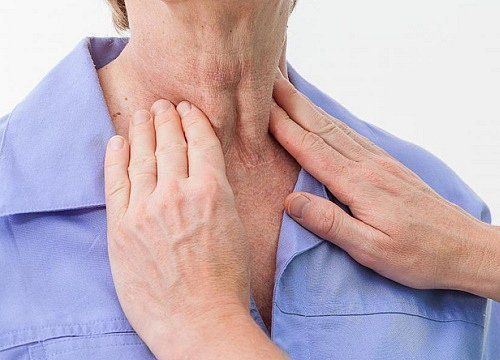This is an automatically translated article.
Babies born with congenital heart defects need surgery. Atrioventricular canal is one of the congenital heart diseases and accounts for the highest percentage of congenital heart diseases.1. What is atrioventricular canal disease?
The atrioventricular canal is one of the congenital heart defects, causing damage to the structures derived from the endocardial pillow of the heart during the fetal period. The endothelium pillow is an endothelial germ, appearing in the fourth week of pregnancy, responsible for the later formation of the atrial septum, interventricular septum, and atrioventricular valves of the heart.
Atrioventricular canal is a defect in the atrioventricular septum and abnormal atrioventricular valves in the heart.
Atrioventricular canal is a common cardiac anomaly with an incidence of 4%-7.4% in infants with congenital heart disease. Common in children with Down syndrome. If the atrioventricular canal is associated with Down's disease, the prognosis is poor.
2. Causes of atrioventricular canal disease
Most atrioventricular channel disease has no obvious cause, however it can be due to a number of causes and risk factors for congenital heart disease such as:
Due to chromosomal abnormalities (chromosome 21, 18 and 13). Due to fetal infection such as rubella or some other virus during pregnancy. Especially the first 3 months. Mother with diabetes, alcoholic drink a lot of alcohol during pregnancy, exposed to amphetamine malforming substances, anti-acne drugs such as isotretinoin, radioactive substances, X-rays... Genetic factors have father or mother had a congenital heart defect. If in the family there is a father or mother with congenital heart disease, the risk of the child also having congenital heart disease is higher.

Bệnh kênh nhĩ thất có thể liên quan đến yếu tố về gen
3. Classification of atrioventricular canal disease
Atrioventricular canal is divided into 2 types, including:
Total atrioventricular channel: Anatomical changes of the total atrioventricular canal include primary septal defect, receiving chamber septal defect, an annular valve and a ventricular septal defect. unique atrioventricular valve (normally the heart has 2 atrioventricular valves including mitral valve and tricuspid valve, in the total atrioventricular channel the 2 atrioventricular valves merge into a common atrioventricular valve and this common valve usually has 5 leaflets); Single atrioventricular valve regurgitation is usually severe. Most of the total atrioventricular channel (75%) is associated with Down syndrome. The total atrioventricular canal is a serious disease requiring early surgery. Partial atrioventricular septal defect: Includes primary septal defect, no ventricular septal defect, 2 annulus and 2 left and right atrioventricular valves; Often there is additional atrioventricular valve cleft, leading to mild to moderately severe regurgitation. Only 10% of partial atrioventricular canals are associated with Down syndrome. The disease is milder, often showing late symptoms.
4. Atrioventricular canal symptoms
Complete atrioventricular canal: Symptoms usually occur before 1 year of age, most often before 6 months.
Children have difficulty breathing, blue-purple skin and lips. Slow weight gain, malnutrition, weak suckling, poor eating. Recurrent lung infections. Symptoms of heart failure may be present: Fatigue, wheezing, swelling in the legs, ankles and feet, sudden weight gain due to fluid retention, excessive sweating, decreased alertness apple, fast or irregular heartbeat. Partial atrioventricular canal: Signs and symptoms of partial atrioventricular canal may not appear until adulthood. The onset of symptoms may be related to the development of complications as a result of the disability, and may include:
Irregular heartbeat, arrhythmia. Signs of heart failure: Shortness of breath, fatigue, leg swelling, blue skin. The baby sucks poorly, doesn't eat well, slows down in weight gain.

Trẻ bị kênh nhĩ thất toàn phần thường có biểu hiện khó thở từ sớm
5. Examination and treatment of atrioventricular canal at Vinmec Central Park
When choosing medical examination at Vinmec Central Park International Hospital, customers can:
Be examined and consulted by Dr. Nguyen Luong Tan - Head of Cardiology Department - Vinmec Central Park International Hospital, is a specialist in the field of thoracic and cardiovascular surgery in adults and children. The doctor is well-trained in the country and many centers have the world's leading medical background such as France, Australia,... Perform paraclinical examinations to assess the disease condition such as: chest X-ray, electrocardiogram heart, echocardiography... At Vinmec, there is a system of modern equipment to help diagnose diseases accurately. When detecting atrioventricular canal disease, children are surgically treated at the hospital with the following advantages:
High success rate of about 95%. Modern equipment with Maquet's HR20 CPR system, Avance CS2 anesthesia machine, GE's R860 ventilator. There are two types of atrioventricular canals, in which total atrioventricular canal is a serious disease requiring early detection and surgical treatment. When seeing a child showing any signs of illness, family members need to take the child to a reputable medical facility for early examination and treatment.
Please dial HOTLINE for more information or register for an appointment HERE. Download MyVinmec app to make appointments faster and to manage your bookings easily.













